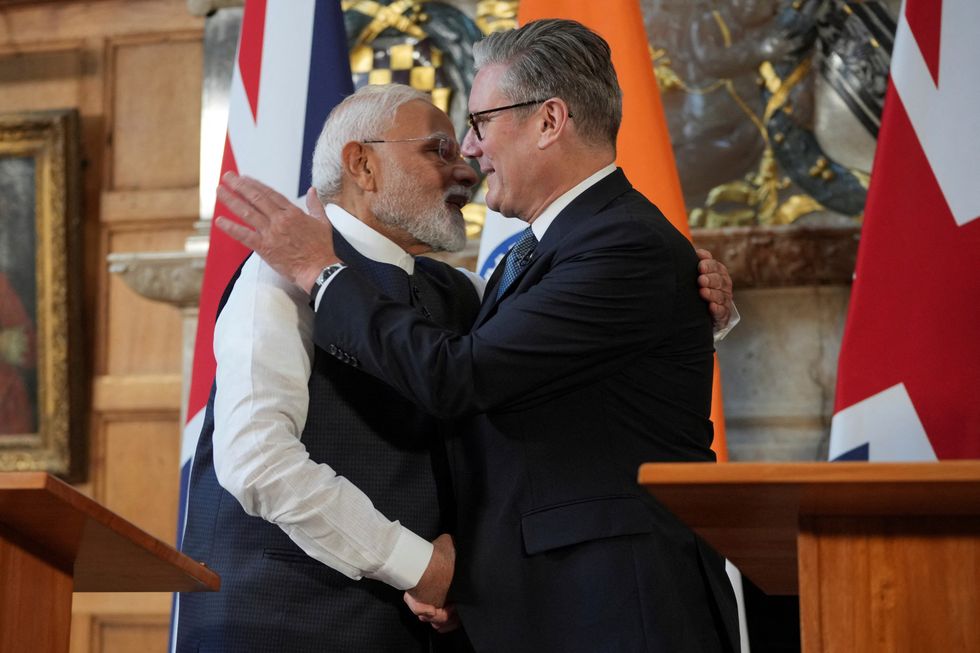FORMER UK minister Tulip Siddiq has requested a meeting with Bangladesh’s chief adviser Muhammad Yunus in London to discuss what she called a “misunderstanding” related to corruption allegations against her.
In a letter dated June 4, Siddiq asked for a chance to meet Yunus during his visit to the UK from June 10 to 13. Yunus is expected to meet King Charles and visit Downing Street to meet Keir Starmer during the trip.
Siddiq said she hoped the meeting would “help clear up the misunderstanding perpetuated by the anti-corruption committee in Dhaka that I have questions to answer about my mother's sister, the former prime minister of Bangladesh, Sheikh Hasina”.
“I am a UK citizen, born in London and representing the people of Hampstead and Highgate in parliament for the last decade. I have no property nor any business interests whatsoever in Bangladesh,” she said.
“I have sought to clarify this to the ACC, but they refuse to engage with my lawyers in London and apparently keep sending correspondence to a random address in Dhaka,” she added.
Allegations linked to land plot in Bangladesh
Siddiq stepped down from her role in the UK government after being accused of benefiting from the administration led by former Bangladeshi prime minister Sheikh Hasina. Her aunt, Hasina, was put on trial in absentia last week over crimes against humanity during her 15-year tenure as prime minister.
The Anti-Corruption Commission (ACC) in Bangladesh alleged that Siddiq or her mother obtained a 7,200 sq ft plot of land through “abuse of power and influence”. Siddiq has denied the claim, and her legal team has called the accusations “politically motivated” and without basis.
Prothom Alo reported that Siddiq said she had not been contacted by authorities about the allegations.
Although she was cleared of any wrongdoing by the adviser on ministerial standards, Laurie Magnus, Siddiq resigned as economic secretary to the Treasury and city minister, saying the issue had become a “distraction” for Keir Starmer’s new government.
Arrest warrant issued in Bangladesh
Siddiq said she believed the accusations were part of a “politically motivated smear campaign” led by Hasina’s opponents.
She has yet to receive a reply from Yunus or his office, according to a source quoted by BD News. The source also said Siddiq did not understand why the ACC was pursuing her.
A warrant for Siddiq’s arrest was issued in Bangladesh last month. She said she was unaware of the warrant or of any court proceedings she was expected to attend.
Under the UK’s 2B extradition category, ministers and judges require clear evidence from Bangladesh before any arrest decision can be made.
Arrest warrants have also been issued for Siddiq’s mother, Rehana, and her siblings, who have all denied the allegations.
(With inputs from PTI)







 Prime minister Keir Starmer and prime minister Narendra Modi of India hug during a press conference after signing a free trade agreement at Chequers near Aylesbury, England, Thursday, July 24, 2025. Kin Cheung/Pool via REUTERS
Prime minister Keir Starmer and prime minister Narendra Modi of India hug during a press conference after signing a free trade agreement at Chequers near Aylesbury, England, Thursday, July 24, 2025. Kin Cheung/Pool via REUTERS











